Busting Open The Doors of Perception
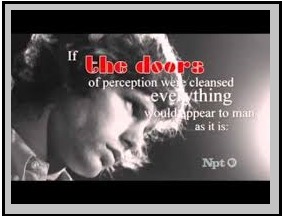
My reading habits spiked during the mid-to-late 1980s. I had the time.
I'd embarked on a career in radio broadcasting and tied the knot for the first time.
I was a budding studio engineer for a semi-automated* FM radio station, which meant I was a glorified babysitter.
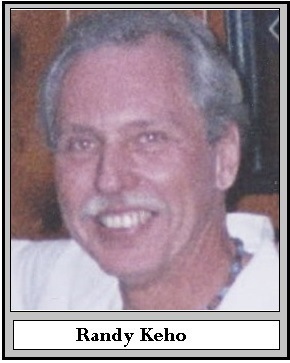
As a studio engineer, I had a lot of idle time on my hands, especially while working nights and weekends.
As long as things ran smoothly, there was nothing much to do.
Maintain the logbooks and take an occasional meter reading.
That's about it.
However, when there was a malfunction, it was literally all hands on deck -- which meant only me.
Sirens blared and lights flashed. It was like being under attack. It meant the station was off the air.
It didn't happen often and it usually only took a minute or two to resolve the problem.
But they were frantic moments.
There's nothing worse in radio than "dead air," because you can quickly loose your audience to another station.
You may also have to "make good" on any spots that should have aired during the "downtime."
However, most of my time consisted of watching television in the conference room. Once in a while, I'd dabble around in the production studio, honing my skills. I would later serve as a disc jockey.
I was the only one in the entire building, which sometimes encouraged my imagination to run wild.
It could get downright eerie, conjuring up scenes from Play Misty for Me, which is a psychological thriller, directed by and
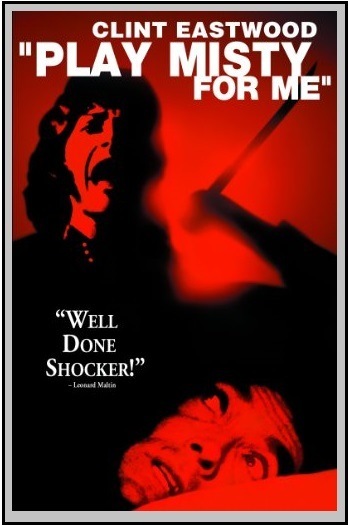
Anyway, since I had the time, I began to read instead watch television.
Reading for pleasure sure beats reading for academic purposes.
I'd lost sight of that fact.
It began innocently enough. I decided to read some classics.
First up was On the Road by Jack Kerouac.
I would have loved to have been part of the Beat Generation.
As a result, I read four more of his books, including Big Sur and The Dharma Bums. His exploits involving alcohol are legendary.
After that, it was Richard Bach's Jonathan Livingston Seagull.
I wanted to see what all the fuss had been about when it was first published.
I virtually consumed The Road Less Traveled by M. Scott Peck, which led to his follow-up Another Road Less Traveled.
I'd become a reading machine.
Eventually, I came across No One Here Gets Out Alive: The Autobiography of Jim Morrison by Jerry Hopkins and Danny Sugerman.
In it, the authors alluded to a book called The Doors of Perception by Aldous Huxley. It's the book that inspired Morrison to name his band The Doors.
I'd already read Huxley's classic Brave New World and Brave New World Revisited. It's dumbfounding to think that he wrote them in 1934 and 1958, respectively. Huxley later became interested in spiritual subjects such parapsychology and philosophical mysticism, in particular universalism.
By the end of his life, Huxley was widely acknowledged as one of the pre-eminent intellectuals of his time and had been nominated for the Nobel Prize in Literature seven different times.
So, I had to read The Doors of Perception.
The book is a philosophical essay, released as a book and first published in 1954. It's Huxley's recollection of a mescaline
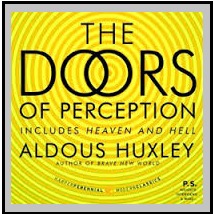
The book takes its title from a phrase in William Blake's 1793 poem The Marriage of Heaven and Hell. Huxley recalls the insights he experienced, which range from the "purely aesthetic" to "sacramental vision."
He also incorporates later reflections on the experience and its meaning for art and religion.
It spurred some recollections of my own, having "dropped some acid" (LSD) several times during my college days. As a result, mind-expanding drugs became increasingly more interesting to me. I had to learn more about them.
From there, it was on to The Electric Kool-Aid Acid Test by Tom Wolfe, Psychedelic Drugs Reconsidered by Lester Grinspoon and James B. Bakaler, and Acid Dreams: The CIA, LSD and the Sixties Rebellion by Martin A. Lee and Bruce Shlain.
I learned a lot, but I also grew bored with radio, so I applied and was accepted to graduate school.
I switched to journalism/public relations.
However, I decided to continue to make time for extracurricular reading.
I was no longer going to allow academic studies to dull my senses, which turned out to be a good thing.
I joined the staff of the campus newspaper and, much to my editor's surprise, requested to begin writing book reviews.
"Who writes let alone reads book reviews, anymore?" she asked. "Especially, for a college newspaper."
"Don't worry," I responded. "I'll have a sample ready for you in a day or two."
The first one knocked her socks off.
I reviewed a book entitled, The White Stuff: The Bottom Line On Cocaine, which revealed the history, hard facts, high life, and hazards of cocaine.
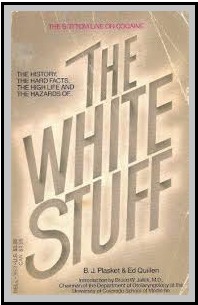
It was quite timely. It was 1986.
I followed that up with A Child's Garden of Grass: The Official Handbook for Marijuana Users by Jack S. Margolis and Richard Clorfene.
She reluctantly published them both.
Within days, she received a couple of letters to the editor and called me into her office.
"Look at these," she said. "I never imagined such a positive response. You're on to something -- keep them coming."
Those letters to the editor were nothing compared to the quizzical looks I received from my professors, including my department head.
He had hired me as a graduate teaching assistant, entrusted to teach undergraduates the basics of journalistic writing -- not to expand their minds.
None of my instructors ever said anything about my writings, but I began to get invited to departmental "mixers," which is where they let their hair down.
However, their drug of choice was alcohol.
Perhaps, they recognized the correlation.
So, maybe it's not so amazing that many people's views have changed concerning the once-evil weed, as well as psychedelic and other so-called illicit drugs. They may serve as much more than recreational escapes or artistic portals.
Their untapped medicinal values are being discovered on a daily basis.
Just the other day, I read an article about the medicinal value of MDMA, better known as Molly or Ecstacy.
The Federal Drug Administration recently authorized a large-scale study into its potential effectiveness in treating PTSD (Post Traumatic Stress Disorder). Its use could be approved by 2021.
Other studies are beginning to indicate the effectiveness of similar drugs to treat dementia and Alzheimer's Disease.
To me, that's important stuff.
Both my parent's suffered from dementia and I certainly don't want to follow them down that road. If the paranoia demonstrated by our elected officials over the past 40 years hadn't prevented it, the study of these drugs would be much further along. My parents may not have had to suffer through their so-called "Golden Years."
So, there you have it.
A snapshot of who's behind the musings you so graciously choose to read -- as a result of what I've been inspired to read.
Scary, isn't it?
* Our semi-automated broadcasting system was named Frieda. She took up an entire wall. She consisted of a series of interconnected reel-to-reel tape machines of contemporary rock music and electronic carousels that stored the 8-track-tape-style carts that contained the pre-recorded spots, as well as station IDs and various jingles.
Live disc jockeys were only used during morning drive, mid-days, and afternoon drive times. By flipping a switch, they could stop and start the automation, which opened their microphone and allowed them to be heard over the air.
To read the first two installments of this three-part series, please follow the links below:
First: https://www.bebee.com/producer/@randy-keho/from-boxes-to-bookcases-the-resurrection-of-a-library
Second: https://www.bebee.com/producer/@randy-keho/literature-and-life-how-one-leads-to-the-other
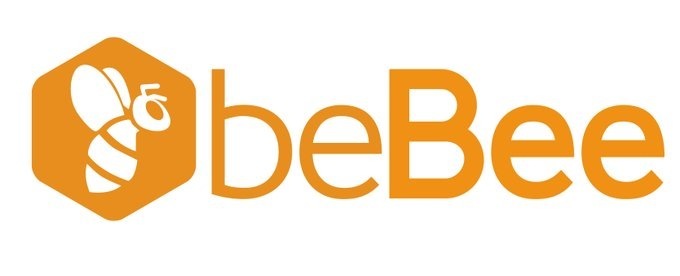
""""""
Articles from Randy Keho
View blog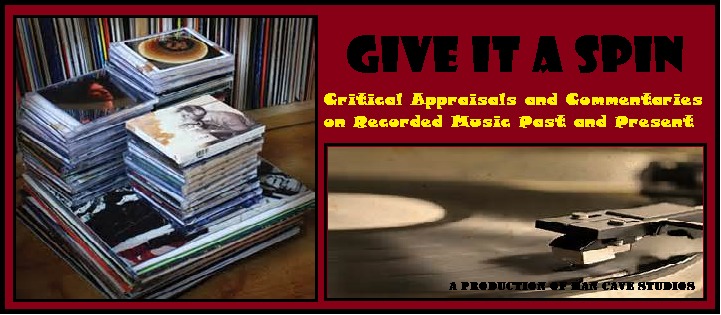
With Christmas just around the corner, Record Store Day organizers are jumping on the Black Friday b ...

I don't read as much as I used to and, · looking back, it's probably a good thing. · Good or bad, ...
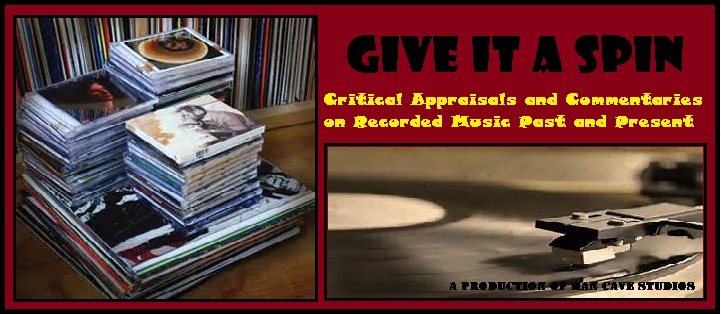
I've always loved Rockford, Illinois. It's my hometown. · It's certainly had its up and downs, but ...
Related professionals
You may be interested in these jobs
-
Financial Controller
Found in: Lensa US 4 C2 - 4 days ago
Clarity AI England, United StatesClarity AI is a global tech company founded in 2017 committed to · bringing social impact to markets. · We leverage AI and machine learning technologies to provide investors, governments, companies and consumers with the right data, methodologies, and tools to make more informe ...
-
Mobile Phlebotomist
Found in: Betterteam US S2 T2 - 4 weeks ago
ExamOne, a Quest Diagnostics company San Gabriel, United States Part timeMedically trained Mobile Collector · As a Mobile Collector, you would be a part-time, on-call and at-will employee. · What does this mean?On-Call and At-Will equals Flexibility You will choose the days and hours you wish to work and the areas you wish to work in. You manage your ...
-
security assistant
Found in: beBee S2 US - 3 weeks ago
Department Of The Army Pomeroy, United States Full timeSummary · About the Position: This position is located at Lower Granite Project, operated by the US Army Corps of Engineers and situated on the Snake River, 32-river miles downstream from Clarkston, Washington. This Project provides hydroelectric generation, navigation, fish pass ...




Comments
Randy Keho
7 years ago #11
Paul Walters
7 years ago #10
too late !!!!!!
Randy Keho
7 years ago #9
This was part three of three -- The End. However, Milc, you can follow the links at the bottom to read the first two.
Randy Keho
7 years ago #8
If I were you, Paul Walters, I'd stay right where you are. Unless you begin to experience the onset of early dementia.
Paul Walters
7 years ago #7
Paul Walters
7 years ago #6
Gerald Hecht cool little clip there Mr Hecht.... more please
Randy Keho
7 years ago #5
Superb insight Gerald Hecht. The rule of thumb is to always use the buddy system. If there's nobody else on your wavelength, as your last comment indicates, you could be in for big trouble, whether you're aware of an existing condition or not. From what I've read, therapy of this nature requires a controlled environment. My personal experience confirms this hypothosis. Huxley enlisted a friend to observe and assist.
Randy Keho
7 years ago #4
The Morrison biography I mentioned provides an extensive look into his earliest influences. It's very telling.Gerald Hecht. Ironically, the song you linked was one of the songs playing through the bluetooth speaker I paired to my smartphone while I wrote this post. I often listen to it in the solitude of my office. However, it wasn't the uncensored version you kindly provided. The End.
Kevin Pashuk
7 years ago #3
Randy Keho
7 years ago #2
I have at least one copy of each, but they're stored in boxes in my basement. They're more than 30 years old, so there's no telling where they're at. I didn't mark the boxes, which was a huge mistake. If I come across them, I'll let you know. I used to use them as writing samples. Gert Scholtz
Gert Scholtz
7 years ago #1